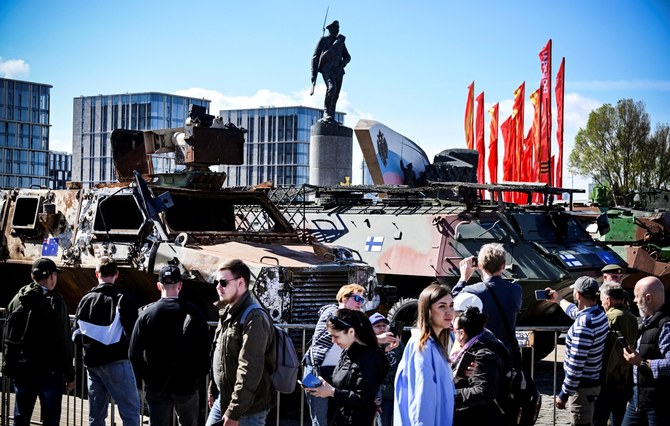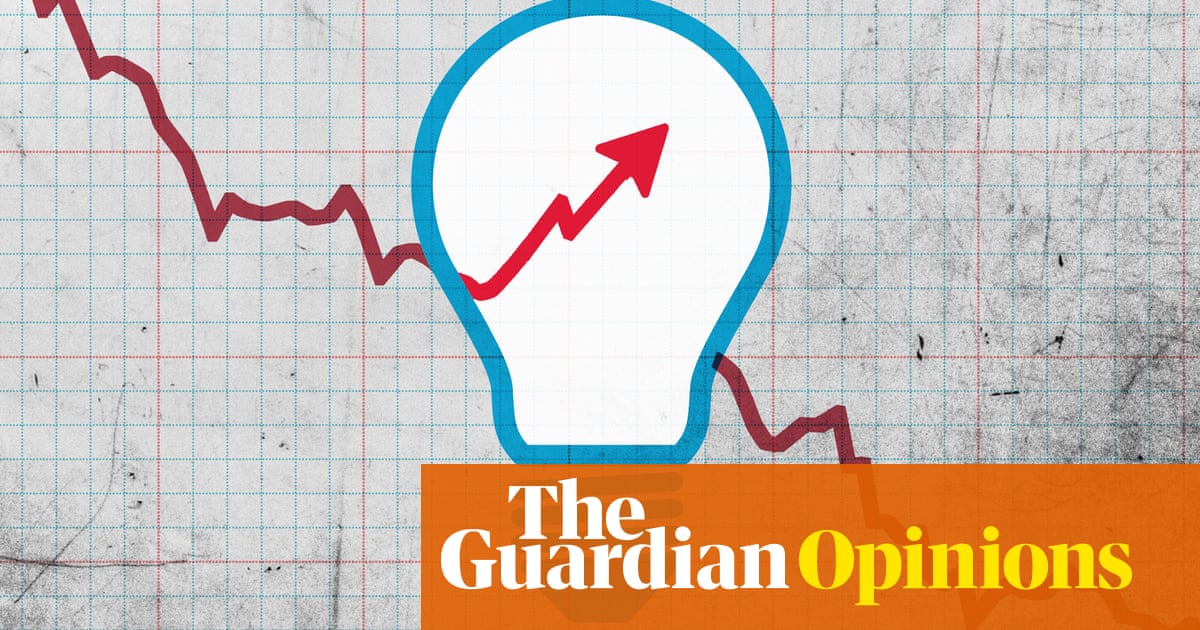
An exhibition of Western military equipment captured from Ukrainian forces by Russia opened in Moscow on Wednesday. The month-long exhibition will feature some 30 tanks, armored vehicles and other weapons, said to have been donated to Ukraine by various countries. As news from the front has become more positive for Russia in recent months, the discussions around a common European defense have once again resurfaced. President Emmanuel Macron has taken the lead, seeing an opportunity to anchor France as the main driving force of this initiative. In response, analysts from mainly Anglo-Saxon think tanks have declared that the idea of a unique European army does not make sense for various reasons.
I would agree with them at this stage. The emergence of a single army remains challenging as long as the EU does not function as a confederation of states. A single common foreign policy and security vision that supersedes national ones is needed first. Politics comes before defense. And for this to happen, there are steps required that would cause major uproars domestically, especially on the question of the sovereignty of each country. In a time of economic fragility and high political polarization, this would be an inconceivable endeavor for any leader. The vehement reactions across Europe to the declarations made so far by Macron confirm this.
However, this does not mean that the EU should not try to make its defense stronger and more united. This also does not mean that all projects of mutualization should be cast aside. Quite the opposite, it is time to rise to the challenge.
A clear urgent step should be in the building of a stronger common industrial military capacity
Khaled Abou Zahr
A clear urgent step should be in the building of a stronger common industrial military capacity. The 27 EU states together spent €270 billion ($289 billion) on defense in 2023, on par with China. Yet, on a purchasing power parity comparison, China’s spending dwarfs the EU’s. The EU’s budget is also significantly lower than the US’ $905 billion. Germany, France, Italy, Spain and Poland account for more than 70 percent of defense spending within the EU. These comparisons highlight the disparities in military spending within the EU and underscore the bloc’s position relative to the global military powers.
Europeans are taking positive steps, such as the creation of a European defense industrial strategy. As part of this, the EU aims to acquire at least 40 percent of its defense equipment internally by 2030 — a move intended to reduce its reliance on imports and enhance security autonomy. One important element is EU artillery shell production capacity. Thierry Breton, the bloc’s internal market commissioner, in March estimated that European industry would have the capacity to produce between 1.5 million and 1.7 million shells by the end of the year and would reach the milestone of 2 million during 2025. Moreover, the EU’s first community financial tool created in the defense sector, the European Defence Fund, was established in 2017. It is endowed with an €8 billion budget for 2021-27, with a focus on innovation.
There is an urgent need to empower the European Defence Agency and develop a real European alliance. One might say that this creates useless layers of bureaucracy that should be avoided, especially as NATO already serves this purpose. Yet, in reality, this is not contradictory but complementary, simply because this European defense project should be anchored within the transatlantic alliance. This is the best way for Europe to carry its burden with the support of a historical ally such as the US.
There is an urgent need to empower the European Defence Agency and develop a real European alliance
Khaled Abou Zahr
The EU is indeed working to improve member-state cooperation and defense autonomy, as seen by projects like the 5,000-strong fast-reaction force. Since Macron’s bold promises in 2017, there has been progress despite the many obstacles, including fragmented finance and the need for stronger unity. Notable developments have occurred in collaborative military initiatives and research projects.
Furthermore, the issue of nuclear deterrence has taken center stage, particularly following the UK’s departure from the EU, leaving France as the sole nuclear power within the bloc. Macron’s call for a strategic dialogue on French nuclear capabilities underscores the evolving security landscape and the imperative for cohesive defense strategies. However, debates surrounding nuclear policy remain contentious, both domestically and within the EU, reflecting broader concerns about European vulnerabilities and the need to address emerging threats effectively.
Beyond hardware, one must also think of spirits. Renowned French military figure Gen. Francois Lecointre, esteemed for his tenure as chief of the defense staff and his current role as grand chancellor of the Order of the Legion of Honor, explained the realities of combat in his new autobiography, “Entre Guerres” (Between Wars). Within its pages, he advocates for a deeper societal understanding of military engagement, urging recognition of the sacrifices and complexities experienced by soldiers and their families. Lecointre also criticizes the substantial reduction of the French army’s capabilities and emphasizes the moral disarmament of Europe. This reminds us that a strong defense is also about a united and strong-willed population.
I would add to this list the necessity for great political acumen by European leaders in dealing with the current geopolitical crises; understanding when and how to diffuse conflicts when possible or when not ready for escalation. Moreover, with the EU’s inability to have a real unified political voice and a single army, which can only take place within a confederation of states, leaders should be cautious of the risks of loss and the decisions of war and peace that can be created by a multitude of voices reacting first and thinking second.
Khaled Abou Zahr is the founder of SpaceQuest Ventures, a space-focused investment platform. He is CEO of EurabiaMedia and editor of Al-Watan Al-Arabi.












